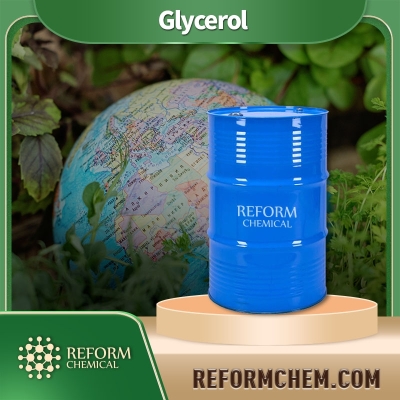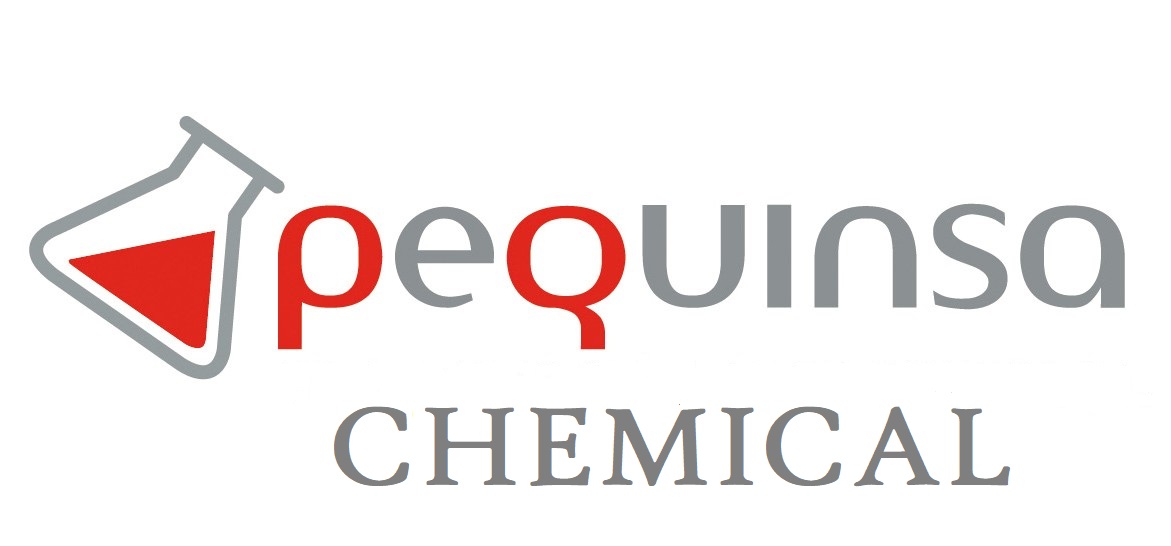-
Categories
-
Pharmaceutical Intermediates
-
Active Pharmaceutical Ingredients
-
Food Additives
- Industrial Coatings
- Agrochemicals
- Dyes and Pigments
- Surfactant
- Flavors and Fragrances
- Chemical Reagents
- Catalyst and Auxiliary
- Natural Products
- Inorganic Chemistry
-
Organic Chemistry
-
Biochemical Engineering
- Analytical Chemistry
-
Cosmetic Ingredient
- Water Treatment Chemical
-
Pharmaceutical Intermediates
Promotion
ECHEMI Mall
Wholesale
Weekly Price
Exhibition
News
-
Trade Service
Rasagiline is a drug that is used to treat Parkinson's disease.
It is an irreversible MAO-B inhibitor, which means that it blocks the action of an enzyme called monoamine oxidase type B, which is involved in the breakdown of certain neurotransmitters in the brain.
By blocking this enzyme, rasagiline can increase the levels of these neurotransmitters, which can help to improve the symptoms of Parkinson's disease.
Rasagiline is available under the brand name Azilect, and it is manufactured by the pharmaceutical company Teva.
In the chemical industry, upstream and downstream products refer to the different stages of the production process.
Upstream products are the raw materials or starting materials that are used to make the final product, while downstream products are the finished products that are produced using the raw materials.
In the case of rasagiline, the upstream products would include the raw materials and intermediates that are used to manufacture the drug, while the downstream products would include the finished tablets or capsules that are sold to patients.
The production of rasagiline involves several different stages, including synthesis, purification, and formulation.
The synthesis of rasagiline involves the formation of a precursor molecule, which is then transformed into the final drug through a series of chemical reactions.
This process requires the use of various reagents, solvents, and equipment, which are all considered to be upstream products.
Once the rasagiline precursor has been synthesized, it must be purified to remove any impurities that may be present.
This purification process typically involves several steps, such as crystallization, chromatography, and filtration.
The purified rasagiline is then formulated into the final product, which is usually a tablet or capsule.
The ingredients used in the formulation of rasagiline include excipients, such as binders, fillers, and lubricants, as well as other components, such as flavorings and preservatives.
Downstream products in the production of rasagiline include the finished tablets or capsules that are sold to patients.
These products are the end result of the production process, and they are the ones that are delivered to the customer.
In addition to the tablets or capsules, other downstream products may include packaging materials, such as bottles and labels, as well as instruction sheets and other informational materials.
The production of rasagiline is a complex process that involves many different stages, from the synthesis of the precursor molecule to the formulation of the final product.
Each of these stages requires the use of specific upstream and downstream products, and they all must be carefully coordinated in order to produce a high-quality final product.
By understanding the different upstream and downstream products involved in the production of rasagiline, it is possible to optimize the production process and ensure that the final product meets the necessary quality standards.







